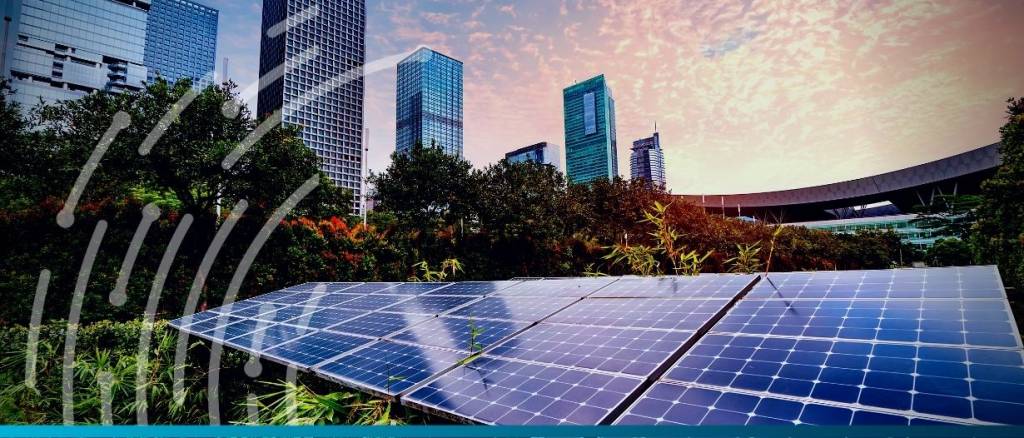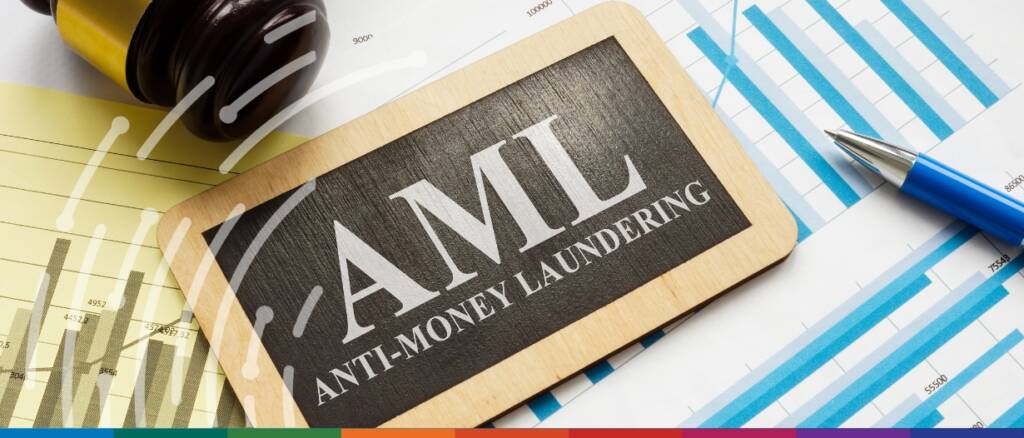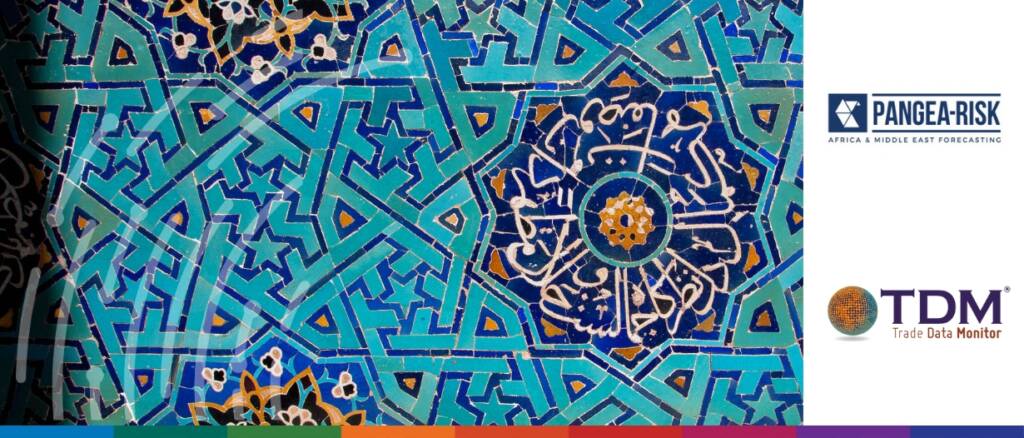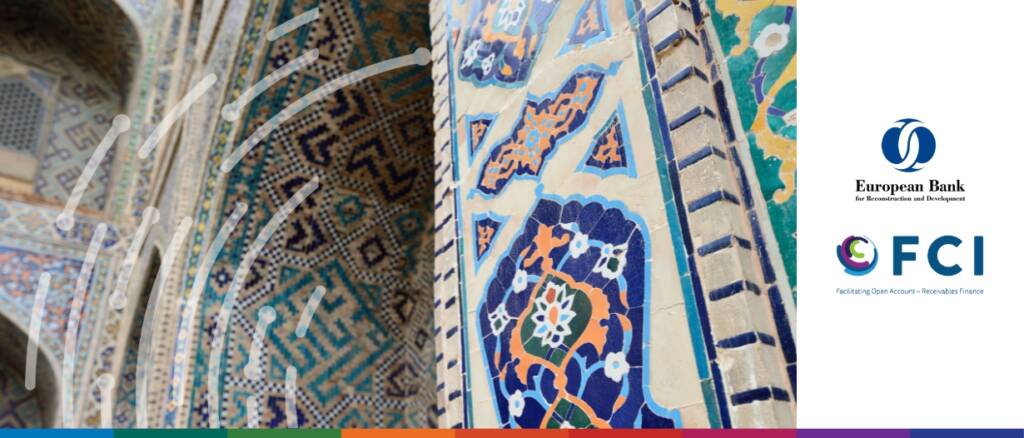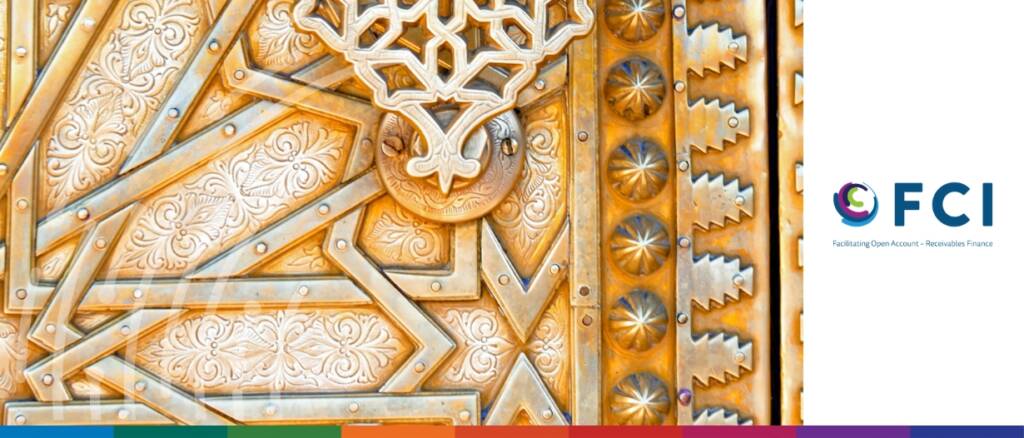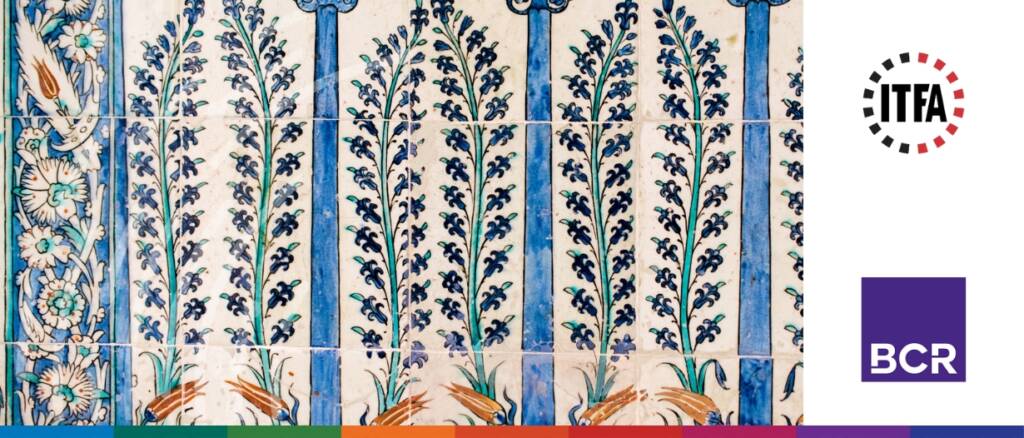Trade finance plays a vital role in global economic activities, facilitating the movement of goods and services across borders.
To learn more about the latest updates on MLETR adoption in the G7 countries and emerging markets, Trade Finance Global spoke with Luca Castellani, legal officer at the Secretariat of the United Nations Commission on International Trade Law (UNCITRAL)
At the forum, Trade Finance Global (TFG) spoke with Pamela Coke-Hamilton, the Executive Director of the International Trade Centre (ITC), to explore the impact of crises, capacity building, and support for women-led businesses and youth in trade.
In this episode of Trade Finance Talks, Brian Canup, assistant editor at TFG, was joined by Channing Mavrellis, director of the Illicit Trade Program at Global Financial Integrity, to delve into the world of TBML. Together, they explored the latest developments and insights surrounding trade-based money laundering (TBML) practices.
Historically, the Middle East and North Africa (MENA) region has always been a cornerstone of the global trade landscape, with its strategic location, abundant resources, and diverse economies. However, the region’s complex geopolitical dynamics, regulatory challenges, and ever-changing markets have posed significant obstacles to trade finance in recent decades.
Trade Finance Global is proud to partner with Dr Robert Besseling, Pangea-Risk and John Miller, Trade Data Monitor to provide an overview of MENA-related political risk and trade data. Providing a succinct overview of MENA politics and trade breakdown is a crucial component of any publication that aims to provide comprehensive coverage of global affairs.
During the European Bank for Reconstruction and Development’s (EBRD) 32nd Annual Meeting and Business Forum in Samarkand, Uzbekistan, TFG spoke with several industry leaders to learn more about the particulars of a first-of-its-kind transaction.
At the ICC United Kingdom’s annual conference in partnership with the Center for Digital Trade and Innovation, Trade Finance Global’s (TFG) Deepesh Patel spoke with Miriam Goldby, Professor of Shipping, Insurance, and Commercial Law at Queen Mary, University of London, to learn more about the adoption of the electronic trade documents bill in the UK, breaking new ground in the transition to paperless trade.
To break down the intricacies of factoring and to provide an overview of the UAE law, Trade Finance Global (TFG) spoke to Marek Dubovec, director at the International Law Institute and professor at the University of Arizona.
At the 2023 ITFA Trade and Investment Forum in London, Trade Finance Global spoke with Alexander Malaket, president, OPUS Advisory Services, to learn more about trade finance as an asset class, the promise of a standardised rating system, and the role of ESG as a catalyst for investment















